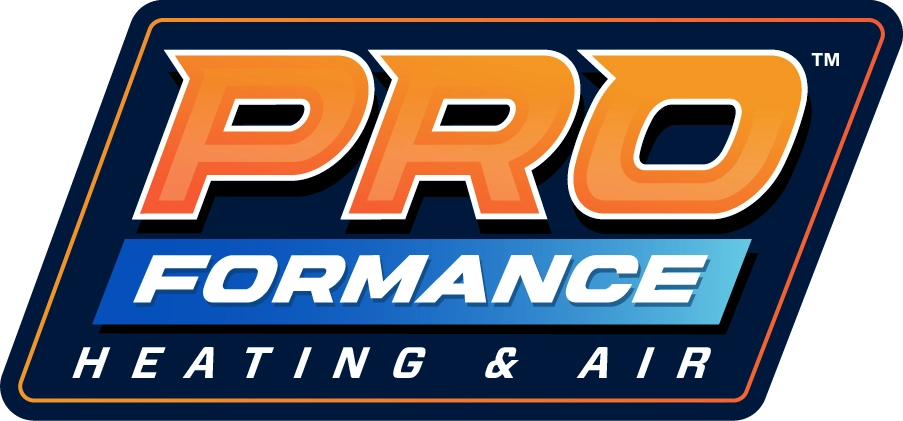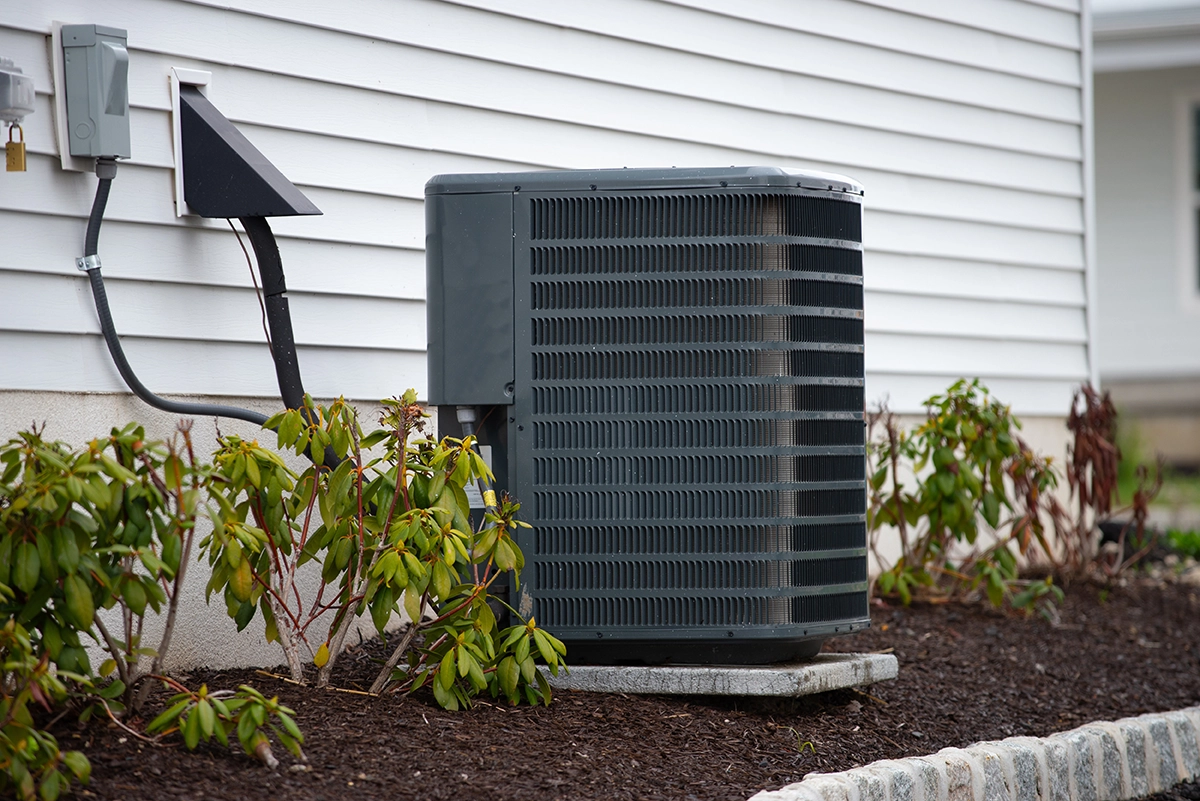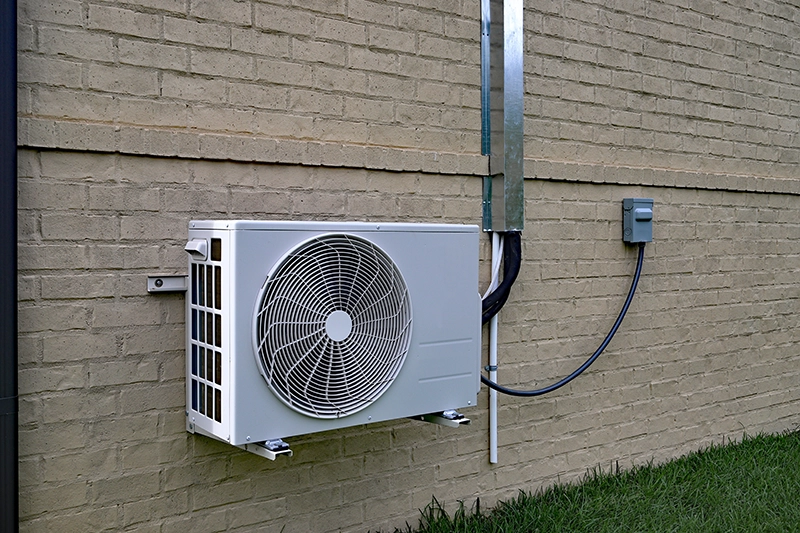If your air conditioner keeps turning on and off in short bursts, it’s not just annoying—it could be a sign of a bigger problem. This issue, known as AC short cycling, can drive up your energy bills, reduce your system’s lifespan, and leave your Palm Desert home feeling anything but comfortable. At Pro-Formance Heating & Air, we help homeowners identify and fix short cycling before it leads to expensive repairs.
What Is AC Short Cycling?
AC short cycling happens when your air conditioner turns off before completing a full cooling cycle, then quickly starts again. Instead of running steadily until your home reaches the desired temperature, it powers on and off frequently. This rapid cycling puts unnecessary stress on your HVAC system and often indicates a deeper issue.
Common Causes of AC Short Cycling
There are several potential causes of ac short cycling, and identifying the right one is key to preventing damage:
1. Oversized Air Conditioner
An oversized AC unit cools your home too quickly, causing it to shut off before completing a full cycle. While fast cooling might sound good, it doesn’t allow enough time to properly dehumidify the air, and the constant starts and stops wear out components faster.
2. Low Refrigerant Levels
If your system is low on refrigerant due to a leak, it can’t maintain the pressure needed for consistent cooling. The result is a unit that struggles to run properly, often short cycling in the process.
3. Dirty Air Filter
A clogged air filter restricts airflow and can cause your evaporator coil to freeze. When this happens, your system may shut off to avoid damage, then restart when the coil thaws, leading to a short cycling pattern.
4. Faulty Thermostat
A malfunctioning thermostat might incorrectly read the temperature or send confusing signals to your AC unit. This can cause your system to turn off too soon or kick back on before it should.
5. Electrical Issues
Problems with your compressor, capacitor, or control board can all lead to ac short cycling. If your system is receiving inconsistent power or faulty signals, it may start and stop repeatedly.
Risks of Ignoring AC Short Cycling
Short cycling isn’t just a minor inconvenience. If left unchecked, it can lead to serious consequences:
Higher Energy Bills
Each time your AC starts up, it consumes a surge of electricity. Frequent cycles mean more power usage, which can quickly spike your monthly energy costs.
System Wear and Tear
The repeated strain of turning on and off prematurely wears out major components like the compressor, fan motor, and capacitor. This can reduce the overall life of your air conditioning system.
Poor Comfort and Air Quality
Because the AC doesn’t run long enough, it won’t cool your home evenly or remove excess humidity. This can leave rooms feeling stuffy, especially during the peak of Palm Desert’s summer heat.
Risk of Full System Failure
The longer your AC short cycles, the more damage it may cause internally. What starts as a simple fix can evolve into a costly breakdown if not addressed early.
How to Fix AC Short Cycling
Fortunately, there are several steps you can take to resolve ac short cycling and restore your system to full efficiency.
1. Check and Replace the Air Filter
This is the easiest and most cost-effective fix. Replace dirty filters regularly—typically every 1–3 months depending on your household needs and usage.
2. Inspect the Thermostat
Make sure your thermostat is in a good location—not near heat sources like windows or appliances—and verify that it’s functioning properly. If it’s outdated or inaccurate, upgrading to a modern programmable or smart thermostat can help.
3. Look for Refrigerant Leaks
If you suspect low refrigerant, call a licensed HVAC technician. Handling refrigerants requires certification and specialized equipment. We can identify leaks, seal them, and recharge your system to the correct level.
4. Schedule a Professional Inspection
If the cause isn’t obvious, it’s best to schedule a full system diagnostic. At Pro-Formance Heating & Air, our Palm Desert technicians can evaluate your entire system—including electrical components—and get to the root of your short cycling issue.
5. Consider Right-Sizing Your Unit
If your AC is too powerful for your home, it may need to be replaced with a properly sized unit. While this is a bigger investment, it can improve comfort and efficiency while preventing future ac short cycling problems.
Preventing Future AC Short Cycling Issues
Preventative maintenance is the best defense against ac short cycling. Here’s how to keep your system running smoothly:
-
Schedule annual tune-ups with a licensed HVAC company.
-
Change your air filters on a regular schedule.
-
Keep vents and registers open and unobstructed.
-
Inspect your thermostat for accuracy and placement.
-
Monitor energy usage, as sudden spikes can be a sign of system strain.
Regular attention to these simple tasks can extend the life of your system and reduce the risk of short cycling and other performance issues.
Trust Pro-Formance Heating & Air for AC Short Cycling Repairs in Palm Desert
Dealing with ac short cycling? Don’t wait for the problem to get worse. At Pro-Formance Heating & Air in Palm Desert, CA, we offer fast, expert diagnostics and repairs to keep your home comfortable and your energy bills under control. Whether it’s a minor filter replacement or a more complex electrical issue, our licensed technicians are here to help. Call us today to schedule a service visit and get your AC back on track—before the next heat wave hits.




